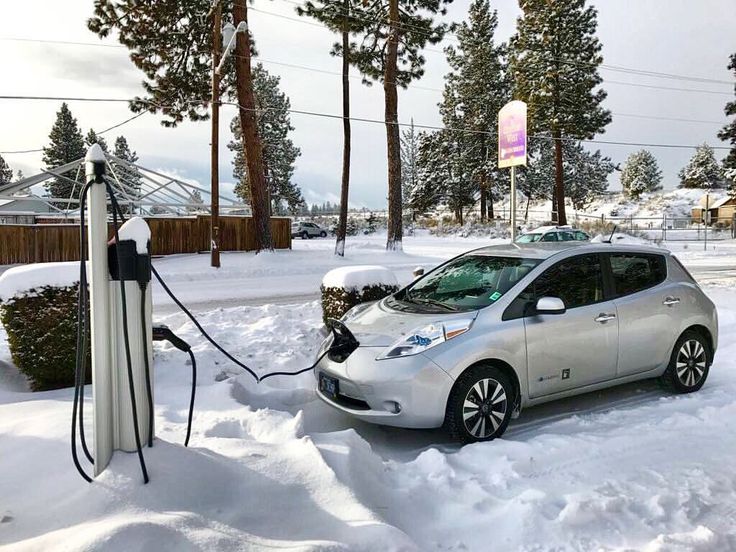This is a watershed moment for the federal government on its climate action plan. It can choose to uphold strong climate solutions or water them down. If the federal government stays firm on its pollution-cutting measures, it will make clear to provinces, B.C. included, that they have to do their part to fight climate change.
I’m talking, of course, about methane.
The Canadian government recently drafted an agreement with B.C. to allow its methane regulations to supersede federal ones, despite the fact that B.C.’s rules are weaker. It’s just a draft for now, but unless B.C. improves its regulations, the federal government will just abandon some of the expected carbon reductions from oil and gas facilities.
A quick recap on oil and gas methane pollution. The reductions are cheap. Technologies exist to detect and plug methane leaks. The health of nearby families and communities is improved. Less wasted methane means more revenue for companies and governments. And jobs are created in the process.
That’s why the net benefits of the federal regulations were estimated at nearly $9 billion. So why would the Canadian government let any part of these benefits escape into the air along with oil and gas methane?
It seems pretty obvious that the B.C. rules will allow more methane to escape. Only 7 per cent of B.C.’s oil and gas facilities will have frequent inspections for leaks, which would have been required for the majority of facilities under federal regulations.
For more than a third of oil and gas sites, sight and smell will be used to detect methane—a colourless, odourless gas.
A technical review of B.C.’s oil and gas policies pointed out this and other weaknesses, and recommended that the province strengthen its regulations to match Canadian ones. The federal government should tell B.C. the same thing: strengthen your standards or federal ones will be enforced.
It’s worth pointing out again that the methane regulations are the ONLY regulations specifically to reduce emissions from the oil and gas sector.
Thankfully it’s not too late. The agreement is just in draft form, and we have a couple of months before it is finalized. So we will be sending a clear message to both the Canadian and B.C. governments: Don’t lose any of the economic, health, and environmental benefits by implementing weaker standards.
Especially since both Alberta and Saskatchewan will be looking for a similar deal…and their regulations are even worse.








